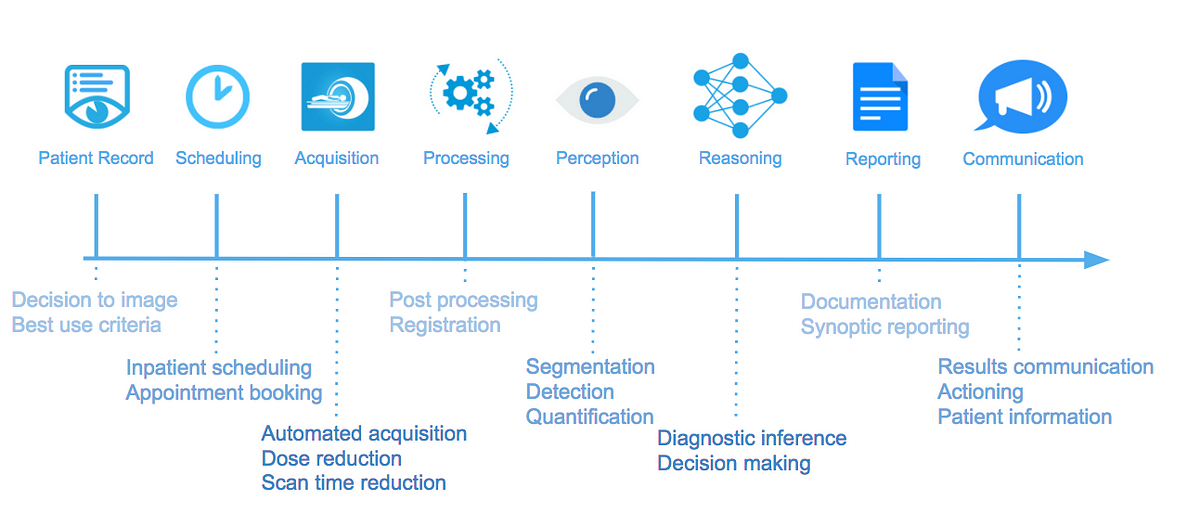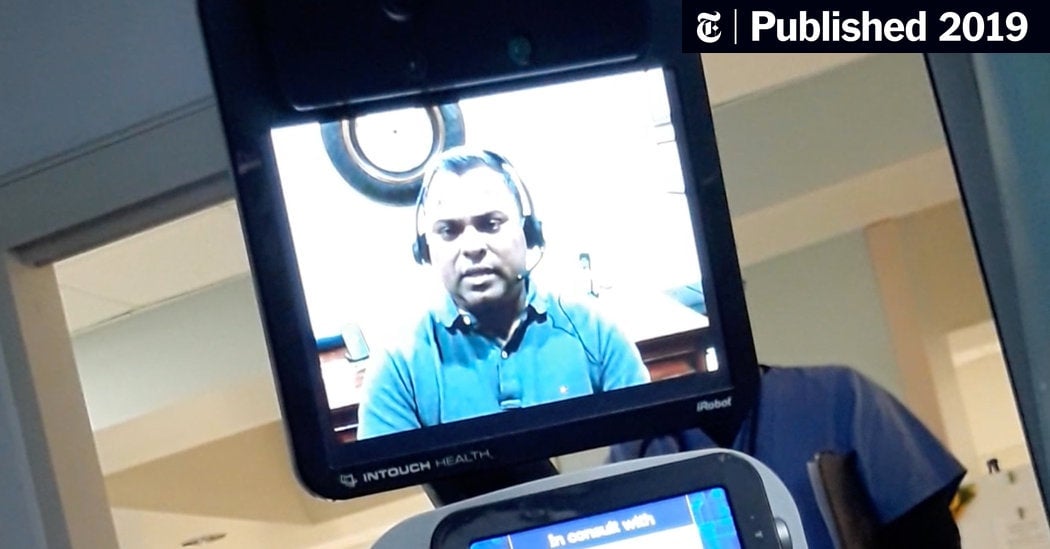Thanks for the clarification. I think we agree on many points. I do have somewhat optimistic view on acquisition of data. I also disagree with the assessment that sticking a GPS is the only thing that created autonomous driving, there is complex vision AI tech that went into keeping the thing in lanes, detecting street signs, avoiding obstacles , anticipating unsafe circumstances and even navigating something as simple as a 4 way stop with other human drivers. I agree that we are not as close to autonomous medicine as we are to driving. But on the flip side there is work being done in radiology, pathology an even derm which is ultimately going to redefine the role of AI in diagnostics . The question of it being a decade away or two or more is a more difficult one to answer and since I am not in alaphbet headquarters, i wont give an estimate. But I would be surprised if during my life time those fields are not drastically changed by the tech.
We cant automate all of medicine since medicine in its essence is a human endevour. But that doesnt mean that we automation of large scale pattern recognition tasks and sub tasks in medicine is not going to occur. IMO.
I think you are overestimating the technology underlying driving ai. Just to clarify what is going on:
- object detection. This is the first endeavor in AI that really took off and now anyone with a RPI2 can have a camera that draws boxes around different objects and name them in close to real time. Self-driving cars further optimize already created models based on the new data they constantly collect and their predictions get filtered/optimized for pedestrians, bikes, cars, curbs, lane markings etc.
- prediction of velocity of objects/their future position (is this bike static or moving into the car’s path)
- integration of other data that a human may not pick up on (weather, wind, prediction of a car 2 cars ahead that the driver can’t even see etc.
- +/- hierarchical rules like following street signs, lights etc.
It’s not that these things aren’t incredibly complex in practice and at the front end, but that the underlying tech is not that crazy at all. Self-driving cars are one of the first consumer level applications for
1) simplified predictions needed (object classifier and velocity/position which is vector/matrix math that computers excel at)
2) ease of data creation. Any car with sensors literally generates perfect data 24/7 while driving
3) limited outputs based on predictions (steering, gas, break, lights)
4) immediately improves on the current situation even when unoptomized
Medicine has both 1+2+3 in very few fields with the biggest issue with 2. In fact to solve 2, there are AI based deidentification projects going on right now to scrub PPI from nOtes using NLP which could be a HUGE win for the future of AI in predictive aspects of medicine.
In the computer vision world, classifier data is rectangular bounding boxes around labeled objects in images. Im hoping for the day an AI could reliably trace the outline of perceived significant findings and landmarks and spit out calculated sizes, delta from previous studies etc in real time US, CXR etc. before focusing on dxing pneumonia or cancer




